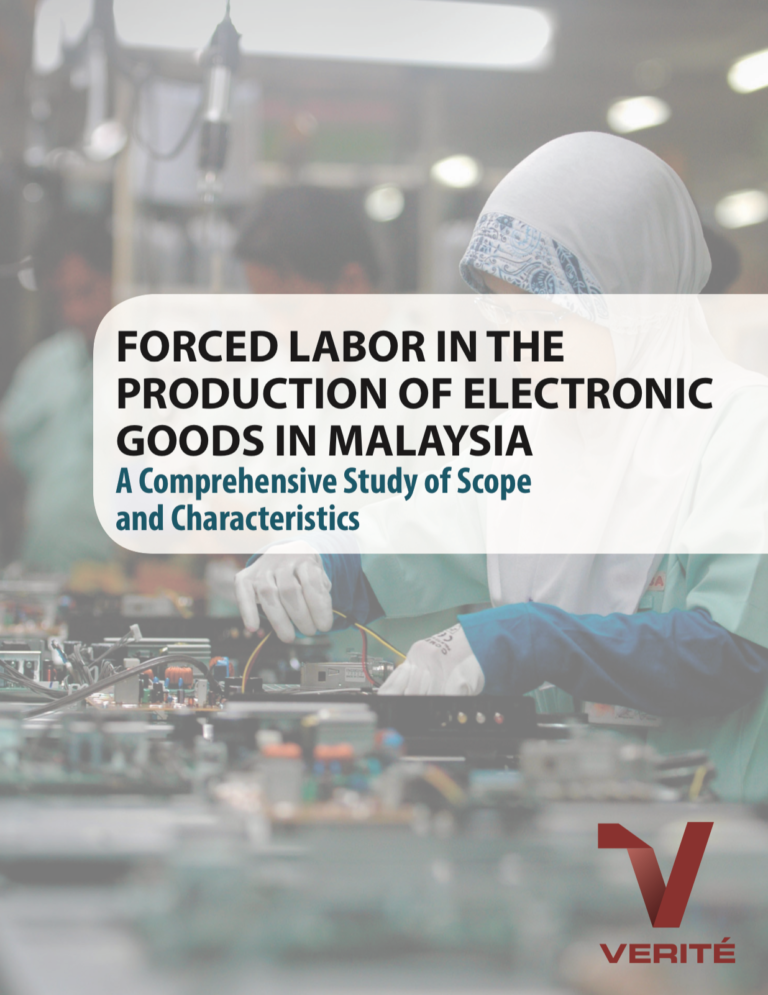Beyond Compliance in the Hotel Sector: A Review of UK Modern Slavery Act Statements
PublicationsThere is a highrisk of exploitation within the hotel sector due to its vulnerable workforce, complex supply chains with little transparency, and limited oversight from brands and multinational hotel companies as a result of extensive franchising. In...Read More

